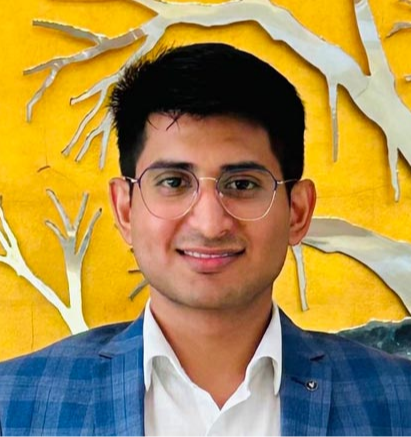-
CENTRES
Progammes & Centres
Location
The Constitutional Court took almost 111 days to deliberate Yoon Suk Yeol’s case as it was tested from the standpoint of preserving the Constitution.

Image Source: Getty
On April 4, four months after the imposition of martial law, South Korea’s Constitutional Court announced its decision, anonymously upholding former President Yoon Suk Yeol’s impeachment on all five grounds. These included the unconstitutional declaration of martial law, seizing the National Election Commission and arresting its personnel without a warrant, the takeover of the National Assembly by the military and police, and ordering the arrest of politicians and lawyers.
The court’s decision came just one week after it overturned the impeachment of former prime minister and acting President Han Duck-soo. The decision has brought much-needed relief, ending the country’s political logjam and paving the way for a fresh political process to restart.
As the acting chief justice of the Constitutional Court, Moon Hyung-bae pronounced the judgment on behalf of the bench. All the eight judges on the bench upheld the impeachment on all the five grounds laid by the National Assembly. The court said that Yoon’s action was “a violation of the warrant requirement and provisions in the constitution”. It also opined on the deployment of armed forces and the crackdown on opposition, saying that “he [the respondent] violated his constitutional duty as their commander in chief,” and “infringed on the freedom of activities of political parties”.
The earlier two cases of impeachment were related to former presidents Roh Moo-hyun and Park Geun-hye.
While this was not the first impeachment case in the political history of South Korea post-democratisation, it was indeed the first case of martial law. The earlier two cases of impeachment were related to former presidents Roh Moo-hyun and Park Geun-hye. The Constitutional Court took almost 111 days to deliberate Yoon’s case as it was tested from the standpoint of preserving the constitution.
While Lee Jae-myung, the Opposition leader and front-runner for the presidential post, hailed the judgment, declaring that “the real Republic of Korea begins now”, Yoon released a statement addressing the citizens, stating, “I am very sorry and regretful that I could not live up to your expectations.”
The snap presidential election will take place within 60 days as per Article 68 of the constitution. According to the National Election Commission, the election will likely be between May 24 and June 3 this year. As stated in the Public Official Election Act, the acting president is expected to announce the election dates by April 14, at least 50 days ahead of the scheduled date.
After the court’s decision, while the progressives — the Democratic Party of Korea (DPK) — are looking at the upcoming elections positively, the conservatives are highly uncertain of their political future. The judgment has coloured the legacy of the conservatives again and is expected to have profound implications for the party’s fate. The last time a similar thing happened was in 2017 when Park Geun-hye was impeached, after which it took a lot of effort for the party to come out of its shadow.
This time, it will be more difficult given how the political situation was handled by the People’s Power Party (PPP), the ruling party, which sided with the president’s actions in the National Assembly, except for a few lawmakers. The stance the PPP took has also alienated many of its moderate supporters, who are now finding refuge within the progressive fold.
With elections in the pipeline, South Korean citizens will be looking for a leader who can provide democratic and political certainty for the next five years. While the end of the political deadlock is expected to bring a new face to the Blue House, giving much-needed political stability to the country, this vote is also crucial for domestic and foreign policy continuity.
Despite the optimism, there are also many things to worry about. The protracted political situation in the country has exposed the presence of existing polarisation, which has trickled down within the public sphere and is expected to intensify further as the campaigning for the next elections progresses. The new president would have to bridge the divide.
This commentary originally appeared in The Indian Express.
The views expressed above belong to the author(s). ORF research and analyses now available on Telegram! Click here to access our curated content — blogs, longforms and interviews.

Abhishek Sharma is a Research Assistant with ORF’s Strategic Studies Programme. His research focuses on the Indo-Pacific regional security and geopolitical developments with a special ...
Read More +